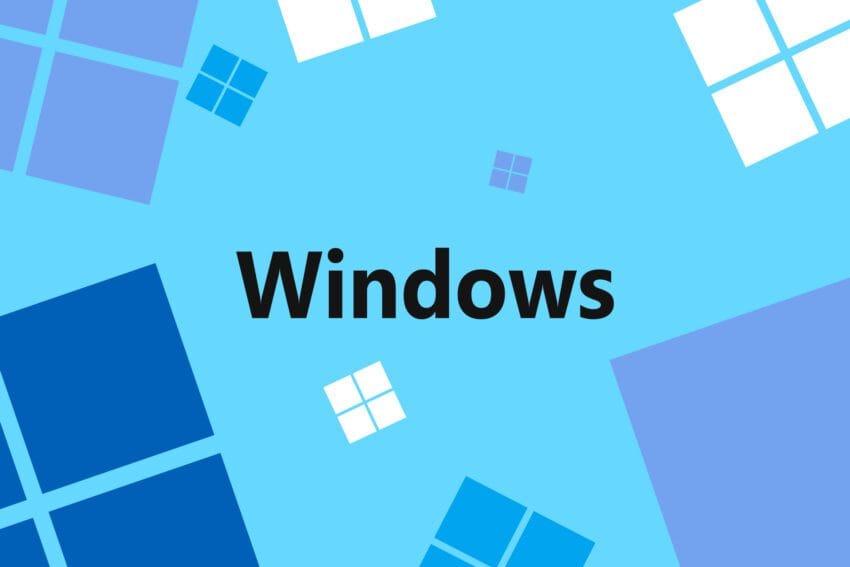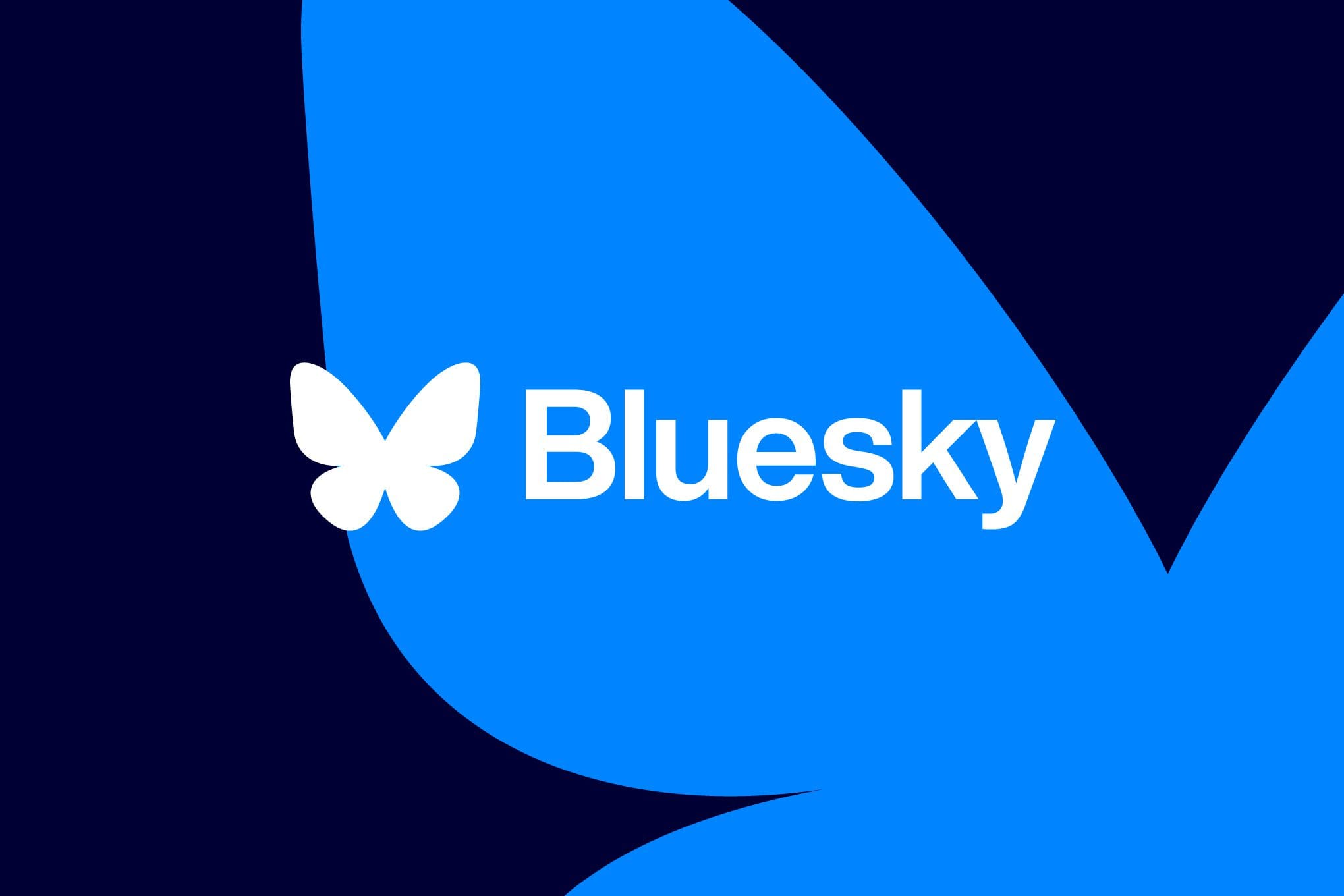
windows developers can now publish apps to Microsoft has taken a significant step in fostering a more inclusive environment for app developers by eliminating onboarding fees for publishing apps to its Windows Store.
windows developers can now publish apps to
Overview of the New Policy
In a move aimed at democratizing app development, Microsoft has announced that developers can now submit their applications to the Windows Store without incurring any onboarding fees. This change applies to individual developers in nearly 200 countries, who can now sign up to publish apps using just a personal Microsoft account, effectively removing the previous one-time fee requirement.
Background on Onboarding Fees
Historically, Microsoft charged a $19 one-time fee for developers wishing to publish apps on its platform. This fee was seen as a barrier, particularly for independent developers and small startups. In June, Microsoft began to phase out this fee in select markets, and the recent announcement marks the complete removal of this financial hurdle for developers worldwide.
Comparative Analysis with Competitors
While Microsoft has eliminated its onboarding fees, other major platforms continue to impose charges. For instance, Apple requires developers to pay an annual fee of $99 to access its App Store, while Google charges a one-time registration fee of $25 for its Play Store. This strategic move by Microsoft positions it as a more accessible option for developers, particularly those who may be deterred by the costs associated with competing platforms.
Implications for Developers
The removal of onboarding fees is expected to have a profound impact on the developer community. Chetna Das, a senior product manager at Microsoft, emphasized the significance of this change, stating, “Developers will no longer need a credit card to get started, removing a key point of friction that has affected many creators around the world.” This statement highlights the intent to lower barriers for entry, allowing a broader range of developers to participate in the Windows ecosystem.
Encouraging Innovation and Diversity
By making the publishing process more accessible, Microsoft aims to encourage innovation and diversity within its app marketplace. The company is actively promoting the idea that a wider array of developers can contribute unique applications, thereby enriching the overall user experience for Windows users. This initiative aligns with the growing trend of fostering inclusive platforms that empower creators from various backgrounds.
Types of Apps Supported
Developers can now publish a variety of applications on the Microsoft Store, including:
- Win32 applications
- Universal Windows Platform (UWP) apps
- Progressive Web Apps (PWA)
- .NET applications
- MAUI (Multi-platform App UI) apps
- Electron applications
This diverse range of supported application types allows developers to choose the framework that best suits their needs, further enhancing the appeal of the Microsoft Store as a publishing platform.
Enhancements to the Microsoft Store
In addition to the removal of onboarding fees, Microsoft has been making significant upgrades to the Windows Store over the past few years. These enhancements aim to improve the overall user experience and make the store more appealing to both developers and consumers.
Stand-alone Installers and User Experience Improvements
One of the notable upgrades includes the introduction of standalone installers, which allow users to download applications directly without navigating through the store interface. This feature streamlines the installation process, making it more user-friendly. Furthermore, the updated web version of the store has been designed to be more intuitive, facilitating easier navigation and discovery of apps.
Active User Base
According to Microsoft, the Windows Store now boasts over 250 million monthly active users. This substantial user base presents a lucrative opportunity for developers looking to reach a wide audience. By removing financial barriers and enhancing the store’s functionality, Microsoft is positioning itself to attract more developers and, consequently, more users.
Revenue Models and Developer Benefits
Another significant aspect of this new policy is the flexibility it offers developers in terms of revenue generation. Developers can utilize their own in-app commerce systems for non-gaming apps, allowing them to retain 100 percent of their revenues. This is a stark contrast to the revenue-sharing models employed by other platforms, where developers often have to share a percentage of their earnings with the platform provider.
Impact on Non-Gaming Apps
The ability to keep all revenue from non-gaming apps is particularly advantageous for independent developers and small businesses. It allows them to invest more in their projects, whether that means enhancing app features, marketing, or expanding their teams. This could lead to a surge in innovative applications that might not have been feasible under a more restrictive revenue-sharing model.
Stakeholder Reactions
The response from the developer community has been overwhelmingly positive. Many developers have expressed their appreciation for Microsoft’s efforts to lower barriers to entry and create a more inclusive environment. This sentiment reflects a broader trend in the tech industry, where companies are increasingly recognizing the importance of supporting independent developers and fostering innovation.
Long-term Implications for Microsoft
By making these changes, Microsoft is not only enhancing its app ecosystem but also positioning itself as a leader in developer relations. The company is likely to benefit in the long run as more developers flock to the platform, leading to a richer variety of applications and potentially increased user engagement.
Challenges Ahead
Despite the positive reception, Microsoft will face challenges as it implements these changes. The company must ensure that the quality of apps published on the platform remains high, as an influx of low-quality applications could deter users. Additionally, maintaining a balance between encouraging innovation and ensuring a secure environment for users will be crucial.
Conclusion
The decision to eliminate onboarding fees for app publishing in the Microsoft Store marks a significant shift in the company’s approach to developer engagement. By removing financial barriers and enhancing the platform’s functionality, Microsoft is creating a more inclusive and accessible environment for developers worldwide. As the tech landscape continues to evolve, this move could have lasting implications for the Windows ecosystem and the broader app development community.
Source: Original report
Was this helpful?
Last Modified: September 10, 2025 at 11:41 pm
1 views















